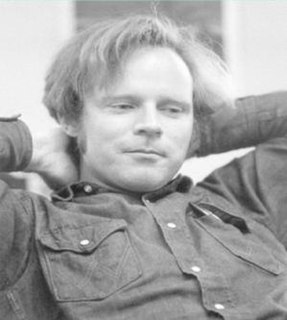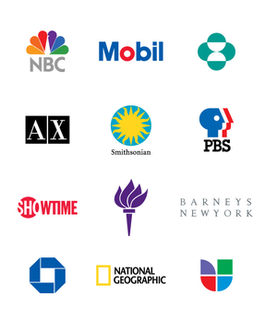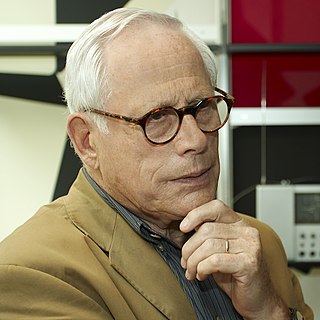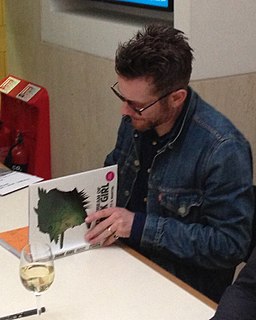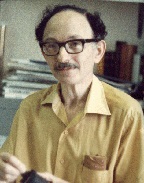A Quote by Bjarne Stroustrup
Design and programming are human activities; forget that and all is lost.
Quote Topics
Related Quotes
Good design is innovative
2. Good design makes a product useful
3. Good design is aesthetic
4. Good design makes a product understandable
5. Good design is unobtrusive
6. Good design is honest
7. Good design is long-lasting
8. Good design is thorough, down to the last detail
9. Good design is environmentally friendly
10. Good design is as little design as possible
Let an ultraintelligent machine be defined as a machine that can far surpass all the intellectual activities of any man however clever. Since the design of machines is one of these intellectual activities, an ultraintelligent machine could design even better machines; there would then unquestionably be an 'intelligence explosion,' and the intelligence of man would be left far behind. Thus the first ultraintelligent machine is the last invention that man need ever make.
I am a design chauvinist. I believe that good design is magical and not to be lightly tinkered with. The difference between a great design and a lousy one is in the meshing of the thousand details that either fit or don't, and the spirit of the passionate intellect that has tied them together, or tried. That's why programming - or buying software - on the basis of "lists of features" is a doomed and misguided effort. The features can be thrown together, as in a garbage can, or carefully laid together and interwoven in elegant unification, as in APL, or the Forth language, or the game of chess.
The world is complex, and so too must be the activities that we perform. But that doesn't mean that we must live in continual frustration. No. The whole point of human-centered design is to tame complexity, to turn what would appear to be a complicated tool into one that fits the task, that is understandable, usable, enjoyable.

